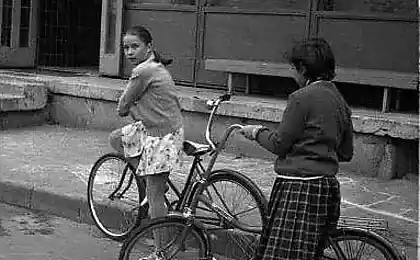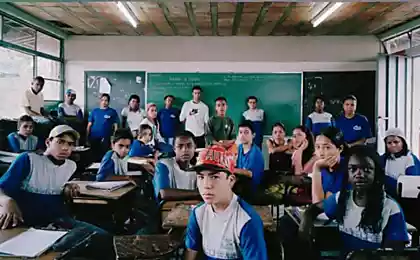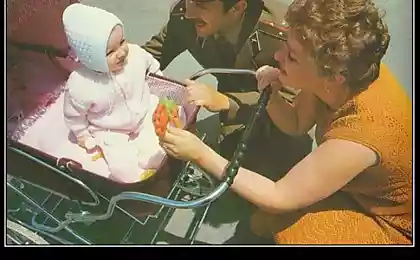146
What should be taught to modern schoolchildren
Soviet children wanted to become engineers, doctors, drivers or soldiers in order to benefit the people. The choice of a modern child is much wider, but it is depressing that the benefits of future work for those around them are pushed into the background. If only it would be good later...
And today we're going to talk about this. How modern children have changedCompared to their Soviet counterparts. It seems to us that this chasm is deeper than ever.
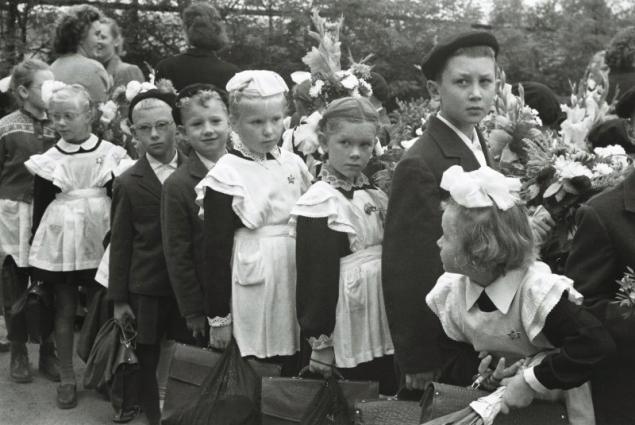
Of course, modern life cannot be compared with Soviet. And the problem is not only in the emergence of the Internet, gadgets and new technologies. The fact is that in the USSR children from an early age were prepared for adulthood. And so even in adolescence. Soviet He was an independent person, knew what he wanted from life, could provide for his needs.
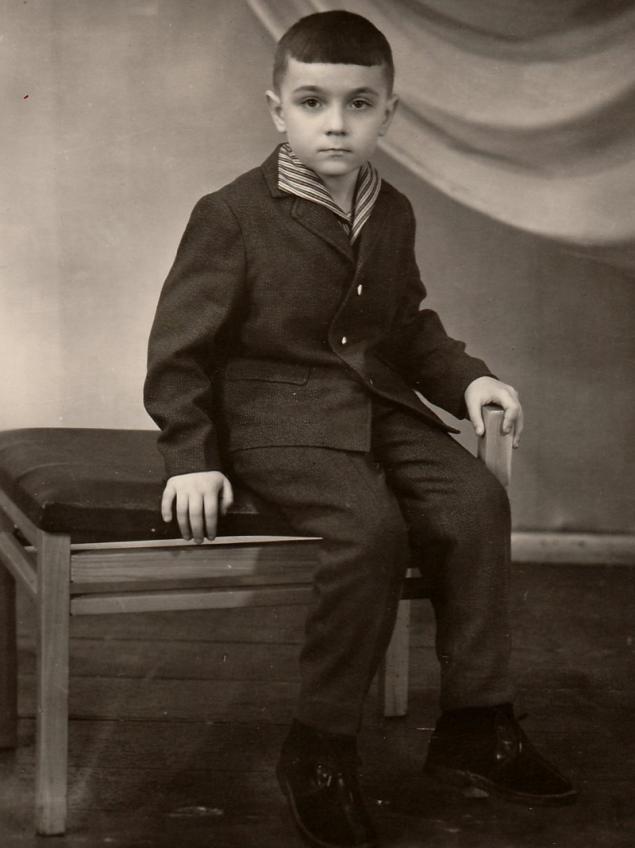
In a society where the love of work was a cult, Soviet-era schoolchildren Couldn't have been lazy and couchy. Therefore, they constantly mastered new skills, learned from older people, acquired useful hobbies.
The guys were interested in radio engineering and electronics, made crafts from wood or enthusiastically tinkered with vehicles. These skills remained for life and often helped to feed themselves.
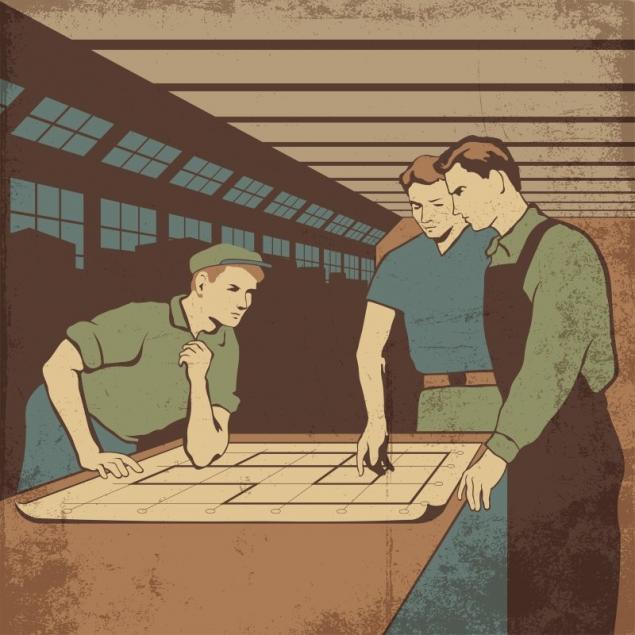
In labor lessons, girls learned to cook, knit and embroidery, and boys mastered the art of owning hammers, stamesks and rubbanks. This discipline was preserved in our schools, but it remained, rather, for a tick. After all, even the question of collecting a conditional stool can become an impossible task for a modern graduate.
Surprisingly, Soviet They were better able to communicate than their modern peers. The lack of Internet and gadgets (and sometimes even the lack of electricity and light) drove children out in all weather. Outside the house they met, gathered in company, played, communicated.
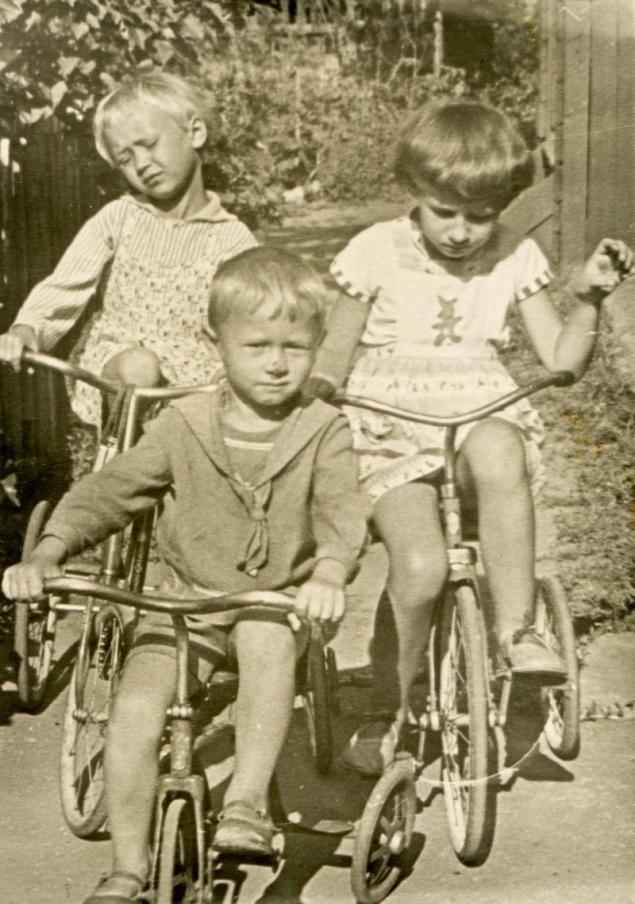
In addition, in the USSR children were taught proper communication Seniors and juniors were taught rules of conduct. Of course, at that time the children were less liberated than they are now, but they came from more respect for others.
It is also important to note that the modern child is too spoiled by the availability of everything. He does not see value in things, because he is sure that any object can be painlessly replaced. Why repair the old when you can buy the new? But Soviet children could fix anything - and shoes, and garland, and iron, and even a tape recorder.
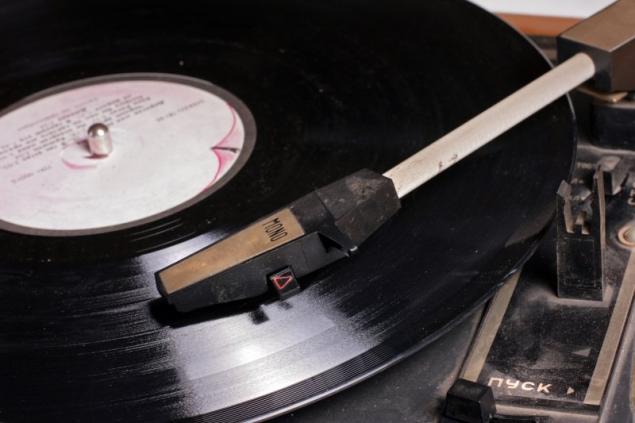
Separately, it is worth talking about such an important and developing occupation as reading books. And if in Soviet times it was fashionable to read and visit libraries, and a rare book was considered the best gift, today the attention of children and adolescents is enough only to read short notes in the news feed.
It is sad to say that modern children can't read. They are too spoiled by those bright entertainments that are available today, and there is simply not enough time and desire for a long read, coupled with independent reflection and analysis of what is read. Every book is more accessible than ever.
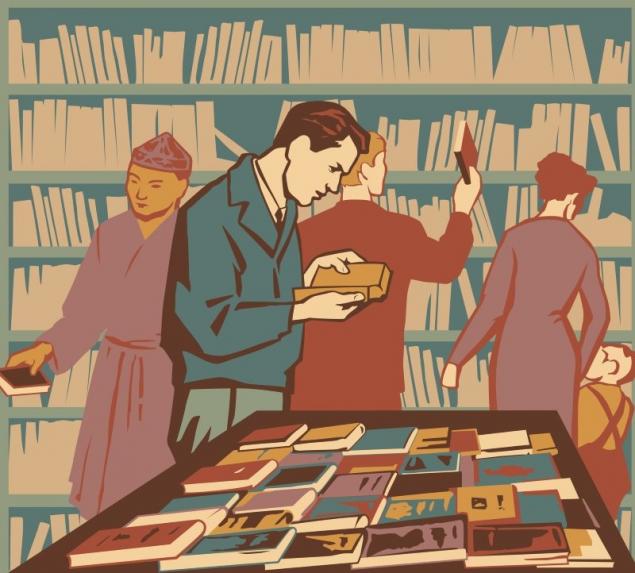
As a result, there is a whole generation of people who have heard something about everything, but do not understand anything thoroughly. And if Soviet children, having a small set of disciplines, knew everyone well, then a modern child has a lot of loads, but it is not possible to master everything.

We often hear the phrase “before it was better.” But there will always be both supporters and opponents of such an assertion. Humanity is constantly moving forward, and therefore each generation is always different from the previous one.
Since changes have been rapid lately, it is not surprising that pupils Today’s children are so different. Only time will tell who was the best and who was the best.
And today we're going to talk about this. How modern children have changedCompared to their Soviet counterparts. It seems to us that this chasm is deeper than ever.

Of course, modern life cannot be compared with Soviet. And the problem is not only in the emergence of the Internet, gadgets and new technologies. The fact is that in the USSR children from an early age were prepared for adulthood. And so even in adolescence. Soviet He was an independent person, knew what he wanted from life, could provide for his needs.

In a society where the love of work was a cult, Soviet-era schoolchildren Couldn't have been lazy and couchy. Therefore, they constantly mastered new skills, learned from older people, acquired useful hobbies.
The guys were interested in radio engineering and electronics, made crafts from wood or enthusiastically tinkered with vehicles. These skills remained for life and often helped to feed themselves.

In labor lessons, girls learned to cook, knit and embroidery, and boys mastered the art of owning hammers, stamesks and rubbanks. This discipline was preserved in our schools, but it remained, rather, for a tick. After all, even the question of collecting a conditional stool can become an impossible task for a modern graduate.
Surprisingly, Soviet They were better able to communicate than their modern peers. The lack of Internet and gadgets (and sometimes even the lack of electricity and light) drove children out in all weather. Outside the house they met, gathered in company, played, communicated.

In addition, in the USSR children were taught proper communication Seniors and juniors were taught rules of conduct. Of course, at that time the children were less liberated than they are now, but they came from more respect for others.
It is also important to note that the modern child is too spoiled by the availability of everything. He does not see value in things, because he is sure that any object can be painlessly replaced. Why repair the old when you can buy the new? But Soviet children could fix anything - and shoes, and garland, and iron, and even a tape recorder.

Separately, it is worth talking about such an important and developing occupation as reading books. And if in Soviet times it was fashionable to read and visit libraries, and a rare book was considered the best gift, today the attention of children and adolescents is enough only to read short notes in the news feed.
It is sad to say that modern children can't read. They are too spoiled by those bright entertainments that are available today, and there is simply not enough time and desire for a long read, coupled with independent reflection and analysis of what is read. Every book is more accessible than ever.

As a result, there is a whole generation of people who have heard something about everything, but do not understand anything thoroughly. And if Soviet children, having a small set of disciplines, knew everyone well, then a modern child has a lot of loads, but it is not possible to master everything.

We often hear the phrase “before it was better.” But there will always be both supporters and opponents of such an assertion. Humanity is constantly moving forward, and therefore each generation is always different from the previous one.
Since changes have been rapid lately, it is not surprising that pupils Today’s children are so different. Only time will tell who was the best and who was the best.


